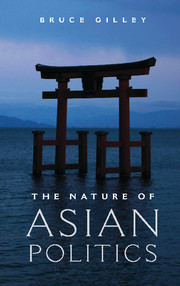Preface
Published online by Cambridge University Press: 05 September 2014
Summary
While visiting Indonesia in 2011, the premier of China proclaimed: “We are witnessing the all-round rise of Asia and a great rejuvenation of Oriental Civilization.” The claim was notable but not because of the first part. The “rise,” or “awakening,” of Asia has been anticipated or announced with regularity since Japan defeated Russian forces in a series of skirmishes on land and sea in 1904 and 1905. That event ushered in a period in which both Asians and non-Asians alike argued that the region was in the ascendance. The rise of Asia is an old story, and it is a reasonably accurate one as well.
Rather, it was the second part of the declaration that was interesting: the definition of an “Oriental Civilization” that spans the eastern half of Asia from Beijing to Jakarta. In the early 1900s, this region was considered the core of Asia. China’s premier seemed to be saying that whatever divergences it witnessed during the twentieth century, it was again converging on a common Asiatic heritage. It was a claim that the region, which is often referred to as Northeast Asia and Southeast Asia, or just East Asia, is both internally coherent and globally distinctive. Peking Man and Java Man, those ancient human ancestors whose lineages begat the peoples of the East Asia, were making common cause.
- Type
- Chapter
- Information
- The Nature of Asian Politics , pp. xi - xiiPublisher: Cambridge University PressPrint publication year: 2014



